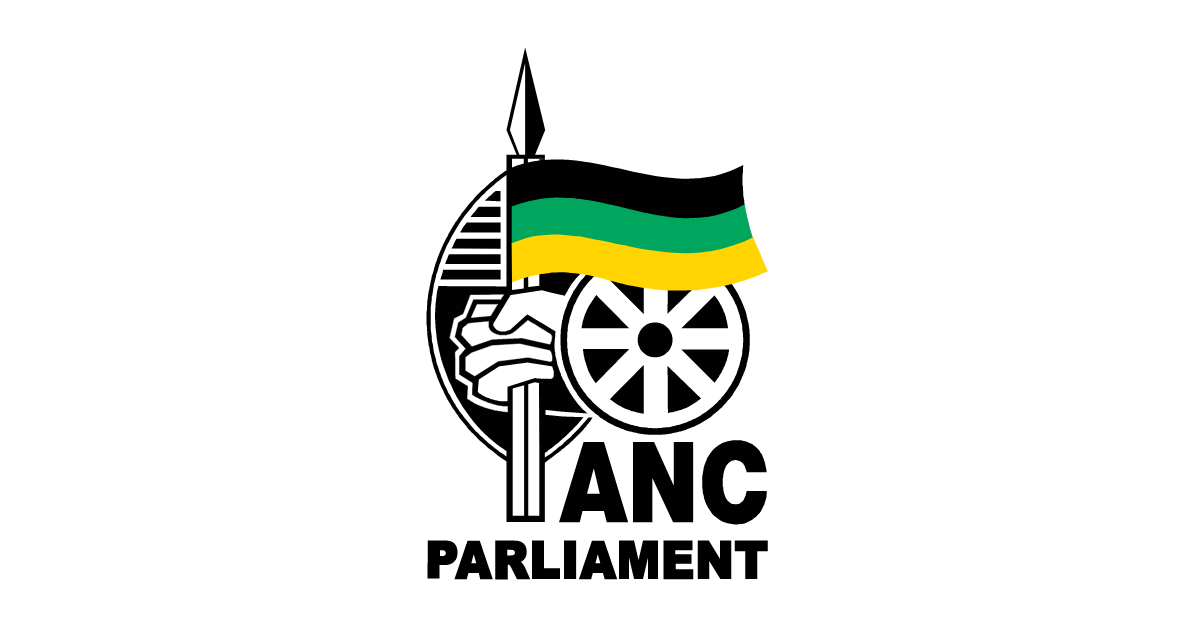06 May 2025
The Democratic Alliance’s recent push to challenge the Employment Equity Amendment Act is a direct attack on the progress South Africa has made towards building a more just and equitable society. At a time when our nation must accelerate the redress of historical injustices, the DA’s stance threatens to unravel decades of hard-won progress.
South Africa’s Constitution acknowledges the deep and enduring injustices of apartheid, committing to create a society based on democratic values, social justice, and human rights. The Employment Equity Act (EEA) is a key tool in realising this vision, especially in a labour market that was once among the most unequal in the world due to apartheid’s oppressive system.
The DA is challenging the constitutionality of section 15a of the EEA, which introduces sector numerical targets to ensure demographic representation in the workplace. In other words, the Act takes the powers away from employers to determine numerical targets.
The claim that the EEA is “anti-merit” is a dangerous misrepresentation that ignores the brutal legacy of colonialism and apartheid, which systematically denied the Black majority access to education, employment, and opportunities. True merit can only be achieved in an environment where all have equal access to opportunities, and South Africa’s transformation is far from complete.
The Employment Equity Act: A Tool for Redress
The EEA supports key provisions of the South African Constitution, particularly those relating to equality and human dignity. The Act is in line with Section 9 of the Constitution, which guarantees equality and mandates legislative measures to promote the achievement of equality, especially for those disadvantaged by unfair discrimination.
- Section 9(2): “To promote the achievement of equality, legislative and other measures designed to protect or advance persons… disadvantaged by unfair discrimination may be taken.” The EEA is a direct and necessary response to centuries of exclusion and marginalisation.
The Act is not about “reverse discrimination” but correcting centuries of injustice. It allows for equal opportunity and ensures that Black youth, women, and persons with disabilities are given access to opportunities in both the public and private sectors.
Key Stats Supporting Employment Equity:
- Over 60% of top management positions in the private sector in South Africa are still held by white individuals, despite making up less than 8% of the population (Employment Equity Commission, 2023).
- In 2023, the Commission for Employment Equity found that private companies consistently fail to meet transformation targets, especially at senior levels.
- 60% of Black youth (ages 15-34) are unemployed, as compared to less than 10% of white youth face (Stats SA, 2024).
The DA’s Record on Equity: Exposing Their Resistance
While the DA claims to champion merit, the truth is that their actions contradict the values of transformation. In the Western Cape, where the DA holds power, the implementation of the EEA is significantly behind that of national government departments, underscoring the party’s resistance to meaningful change.
- In the Western Cape where the demographics are around 17% white, 33% African and 50% Coloured, white managers remain over presented. This means that many meritocratic and talented Coloured and African managers are simply ignored and denied opportunities by the DA
- DA municipalities in the Western Cape continue to overlook transformation targets, actively sidelining better-qualified Black and Coloured professionals in favour of white applicants, a pattern that reinforces the legacy of apartheid.
This resistance is about defending the economic status quo where the majority of wealth, land, and power remain in white hands.
The ANC’s Position: Employment Equity is About Opportunity and Fairness
The ANC firmly believes that merit means nothing if only the privileged can compete. The EEA does not create new barriers—it removes old ones. The idea that race “doesn’t matter anymore” is a denial of the harsh reality where race still determines access to wealth, education, networks, and opportunities. Ignoring this perpetuates inequality. The ANC’s vision of a non-racial society means actively addressing historical wrongs and opening doors to those who have been systematically excluded. True equality can only be achieved when we actively redress past wrongs.
The ANC’s commitment to transforming South Africa’s workforce is grounded in the belief that inclusive workplaces are more productive, innovative, and reflective of the country’s demographic diversity. A workforce that reflects our society’s makeup enhances service delivery and helps grow a more equitable economy. Transformed companies are better equipped to serve a diverse market.
Conclusion: The Fight for a Just and Equal South Africa
The DA’s resistance to the amendments is a stand against fairness and equality. The powers the EEA gives the Minister to introduce binding numerical targets are not unfettered, as the DA argues. The Minister must consult with the relevant sector before setting the targets, and employers are given five years to comply with these targets. There are further exemptions where employers cannot meet the targets.
The ANC will continue to fight for the transformation of South Africa’s workforce, ensuring that the benefits of democracy and freedom are enjoyed by all South Africans, especially those who have been excluded for so long.
The EEA is not just a legislative tool; it’s a moral imperative to correct the imbalances created by apartheid and move closer to the promise of a truly non-racial society.
Issued by the Office of the Chief Whip
Comrade Mdumiseni Ntuli, MP
For enquiries
Please contact: 0641473276
Cde: Hlengiwe Hadebe
Media Liaison Officer


